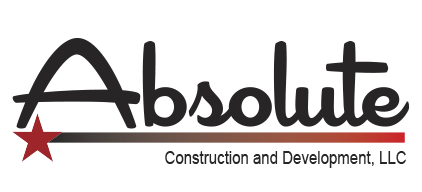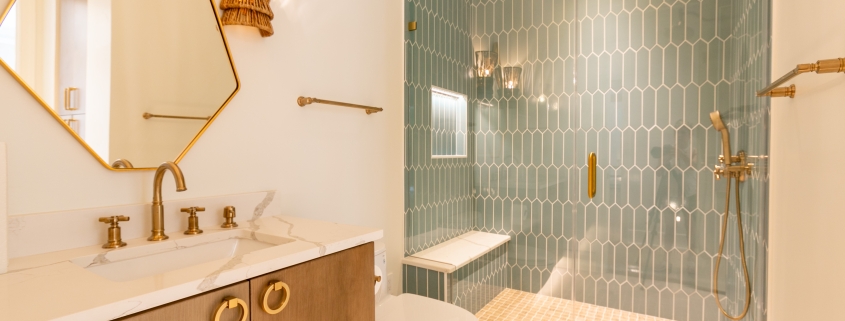Building a custom home is an exciting venture, but it’s important to understand how you can finance it. Unlike buying a pre-built home, financing a custom home typically involves a construction loan. Here’s a straightforward guide to help you navigate through your options.
Understanding Construction Loans
A construction loan is a short-term loan used to finance the building of a custom home. Unlike traditional mortgages, construction loans cover the cost of building a home before it’s complete. You borrow money to pay for various stages of construction. Once the home is built, you’ll either pay off the loan in full, convert it into a mortgage, or obtain a new mortgage to pay off the construction loan.
Construction loans are different from regular home loans. They have shorter terms, usually a year, just enough time to build your home. Interest rates are typically higher than traditional mortgages because they’re considered riskier. The lender releases funds in stages, known as “draws,” as construction progresses.
Qualifying for a Construction Loan
To qualify for a construction loan, you’ll need a detailed plan of your home, including construction timeline, budget, and contractor details. Lenders require this because they need to assess the project’s feasibility and your ability to repay the loan. You’ll also need a higher down payment, often 20-25% of the total cost. Lenders see construction loans as risky, so they need more upfront commitment.
Your credit score also plays a crucial role. A high credit score improves your chances of getting approved with a favorable interest rate. Lenders will also look at your income and debt-to-income ratio to ensure you can handle the loan payments.
Transitioning to a Mortgage
Once your home is complete, you have a few options. If your construction loan allows for conversion, it can transform into a permanent mortgage. This is known as a construction-to-permanent loan. It’s convenient because you only go through the loan approval process once and have the same lender throughout.
If your construction loan doesn’t convert, you’ll need to apply for a new mortgage to pay off the construction loan, known as an “end loan.” In this case, you go through the mortgage application process after your home is built. It’s essential to plan for this in advance to ensure a smooth transition.
Design Your Dream Home with Absolute Construction and Development
Financing a custom home requires careful planning and understanding of the options available. Construction loans are a key part of this process but come with their specific requirements and risks. Always consult with financial advisors and lenders to get a clear picture of what works best for your situation and to ensure your dream home becomes a reality with the right financial backing.




